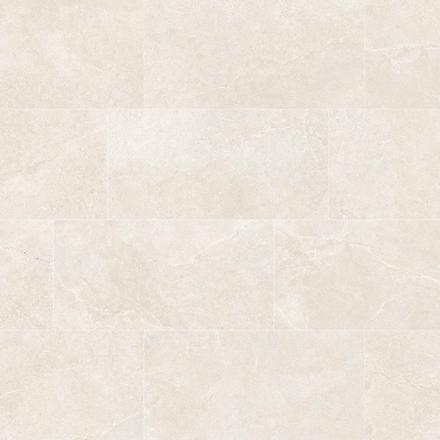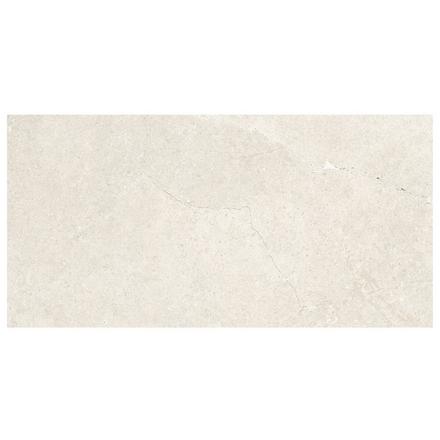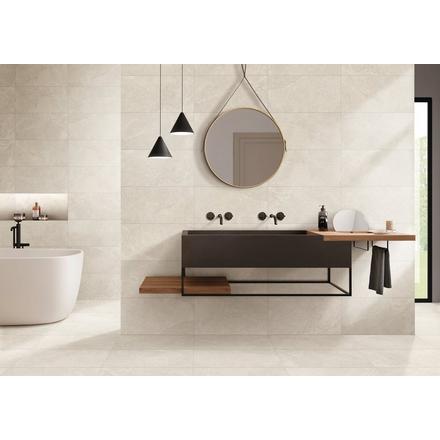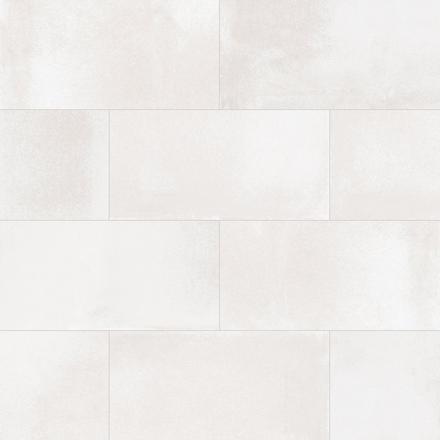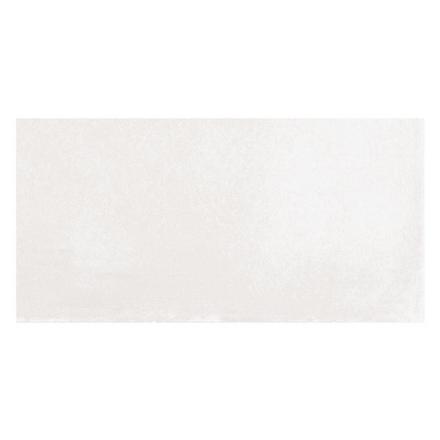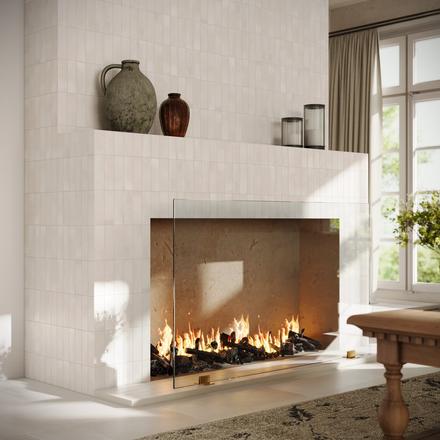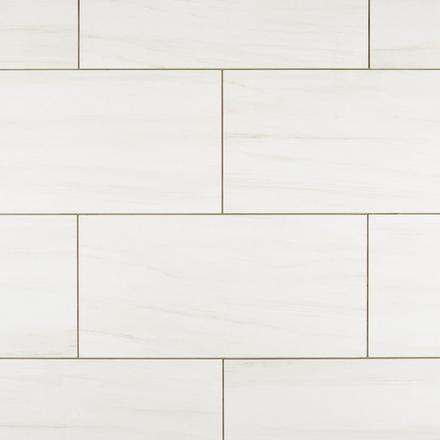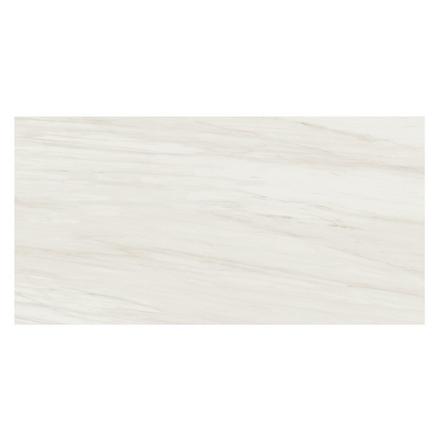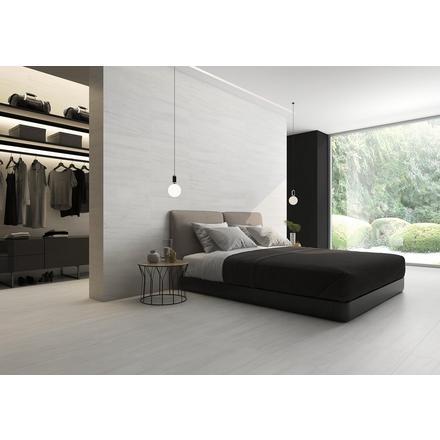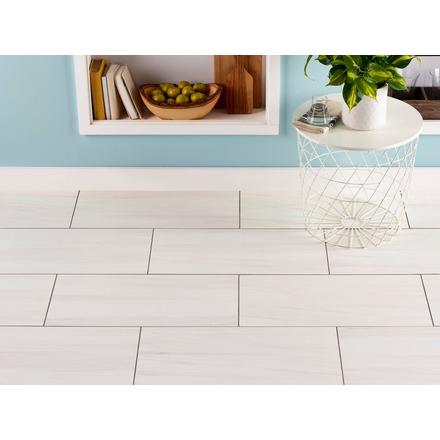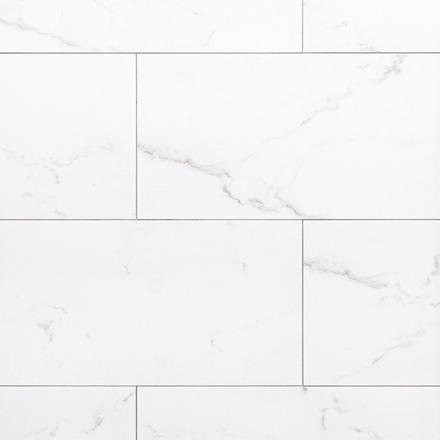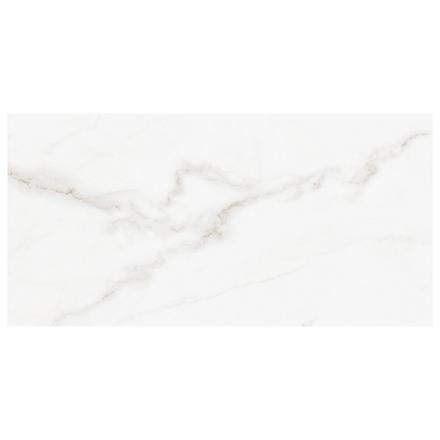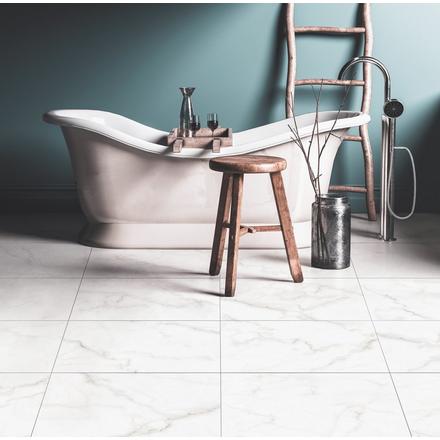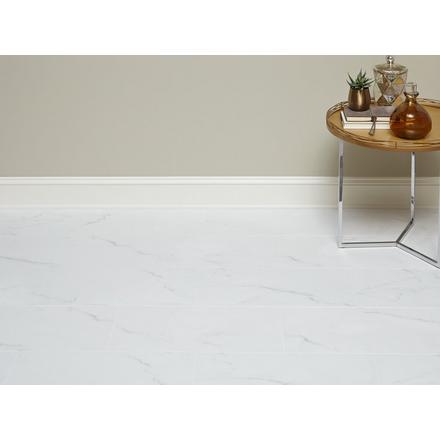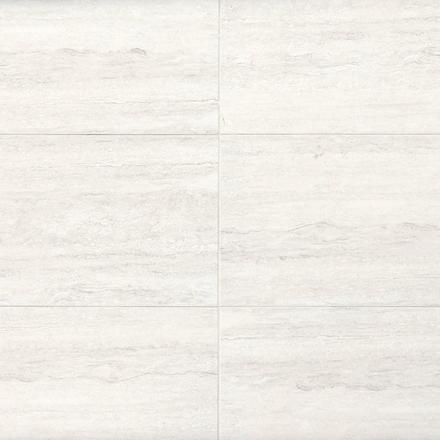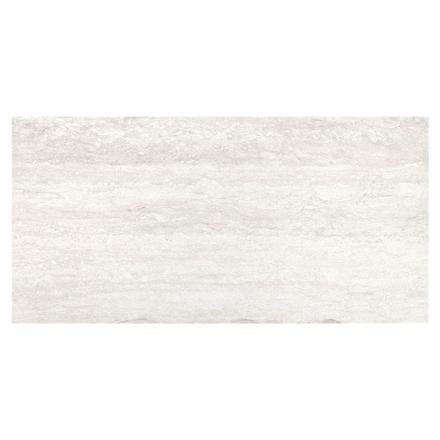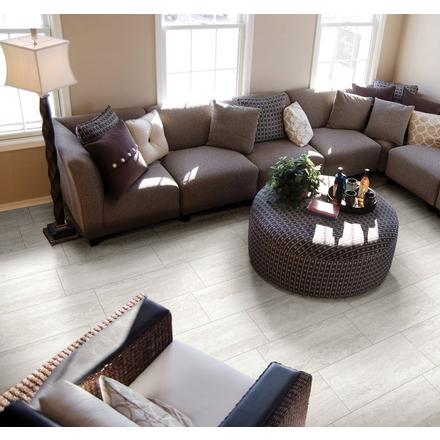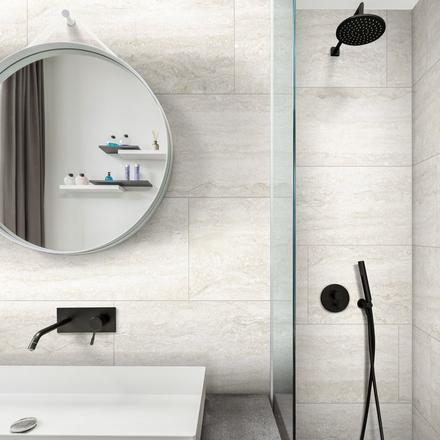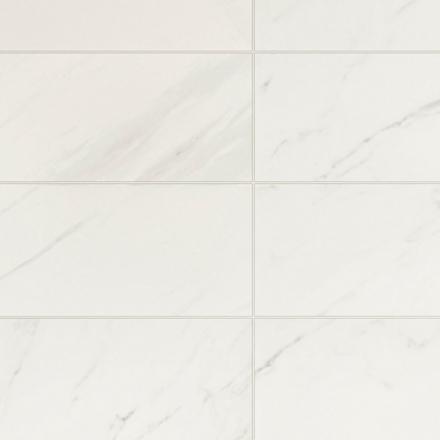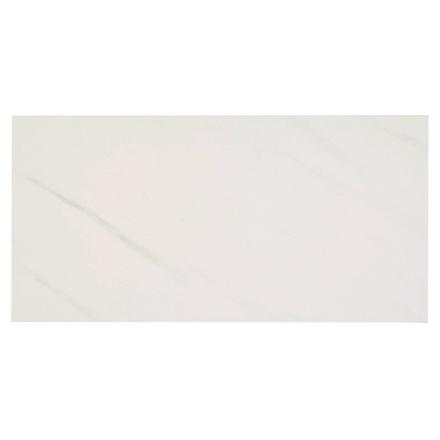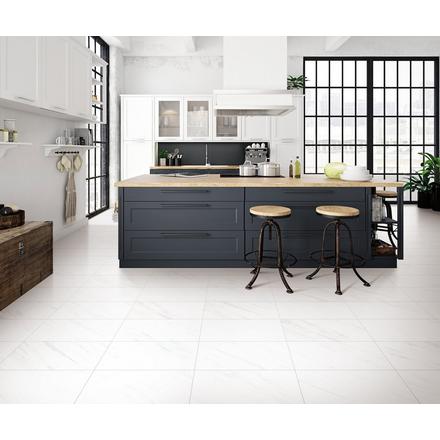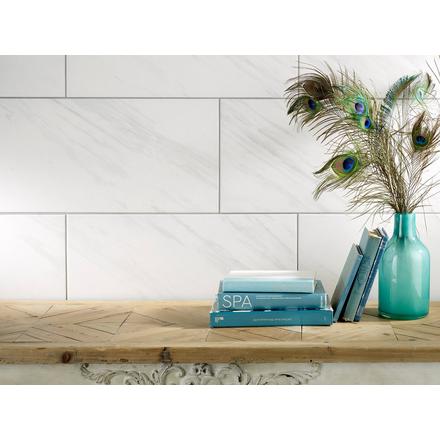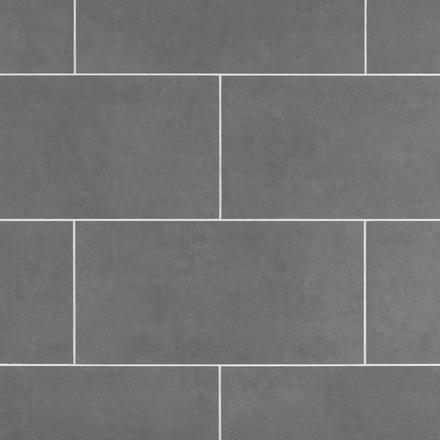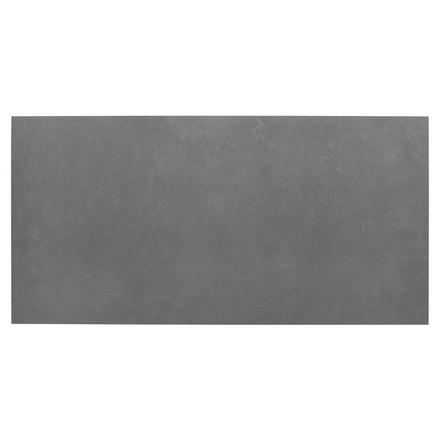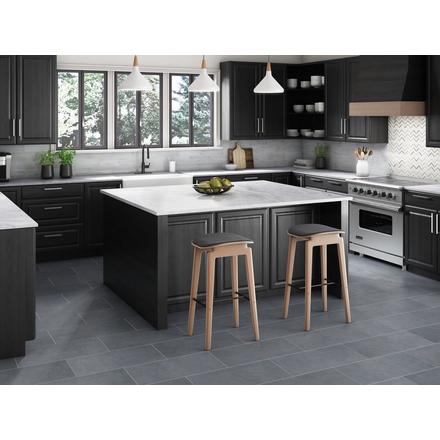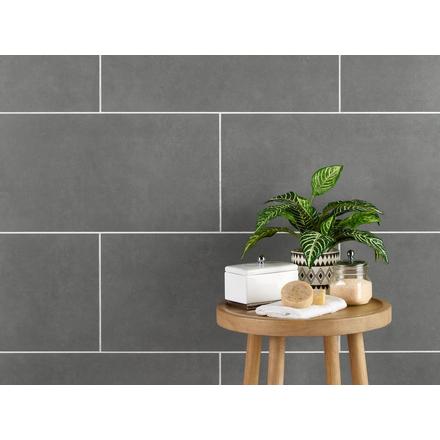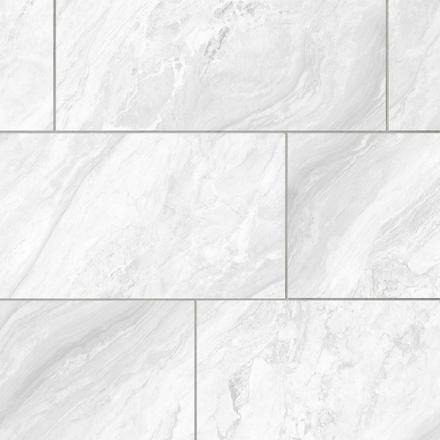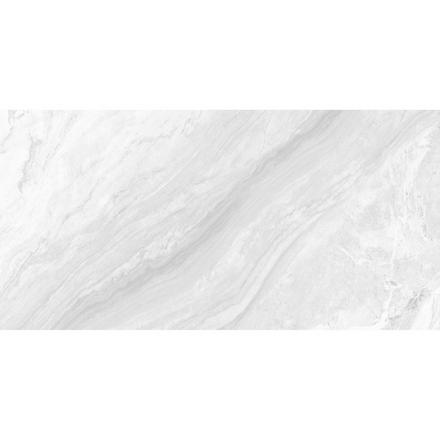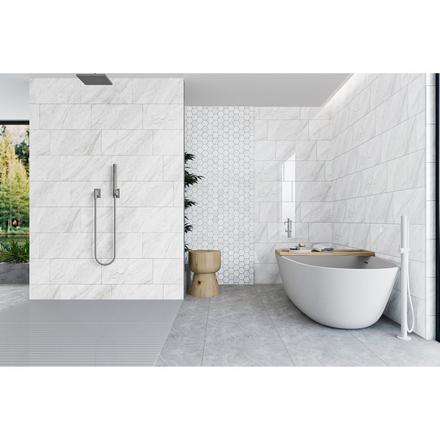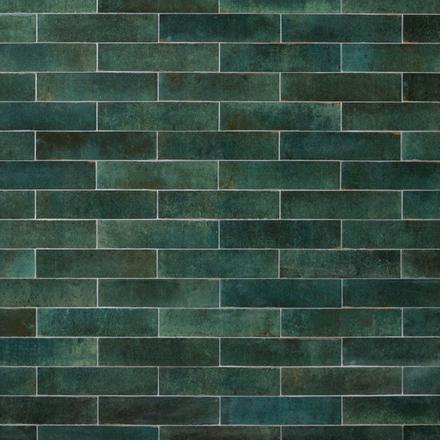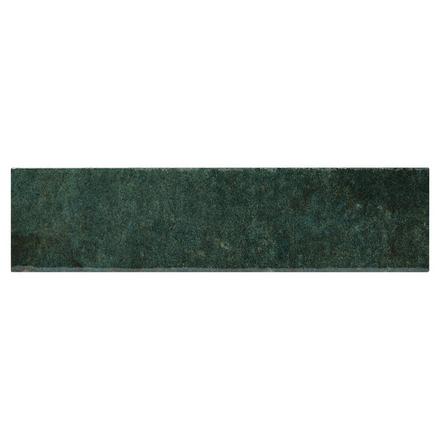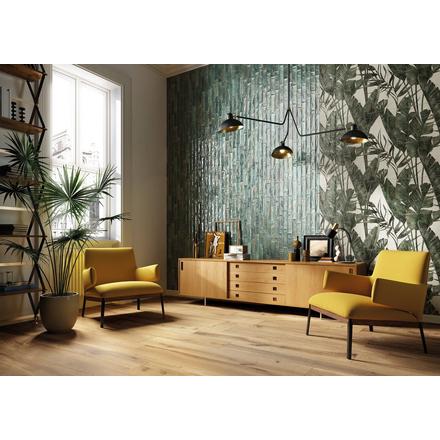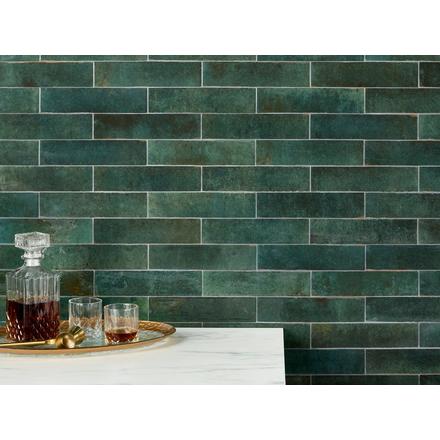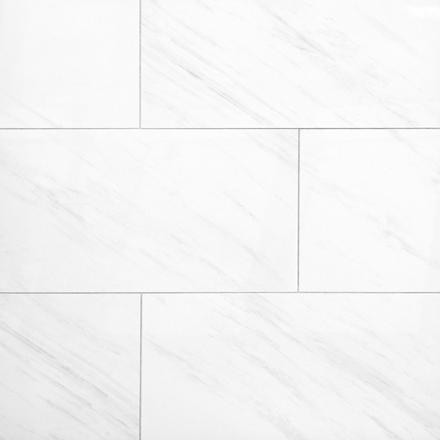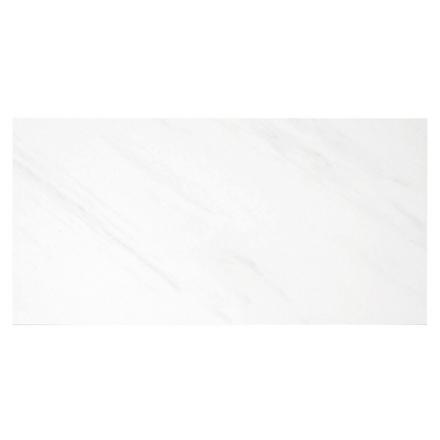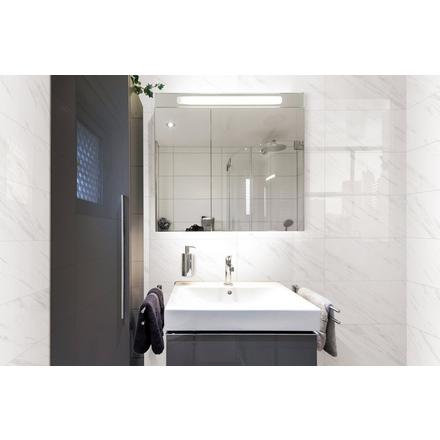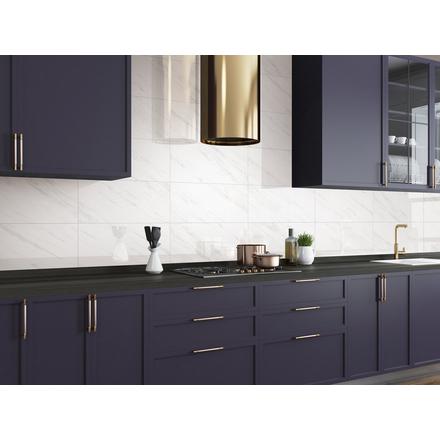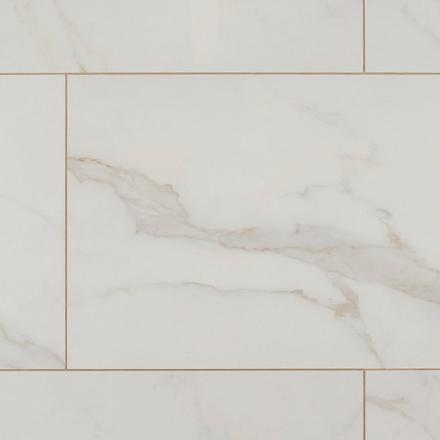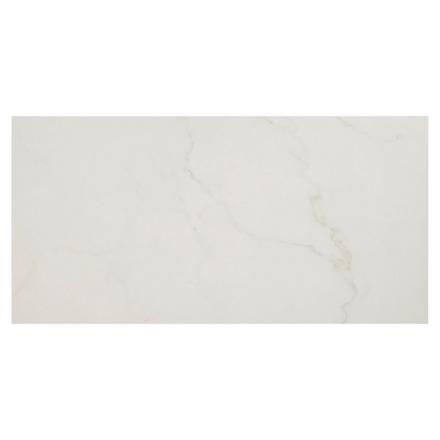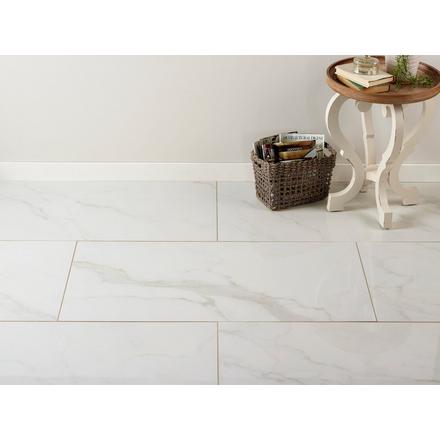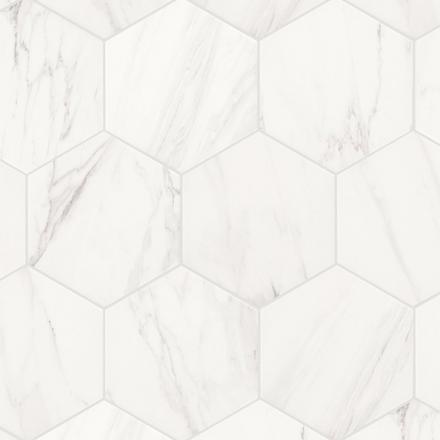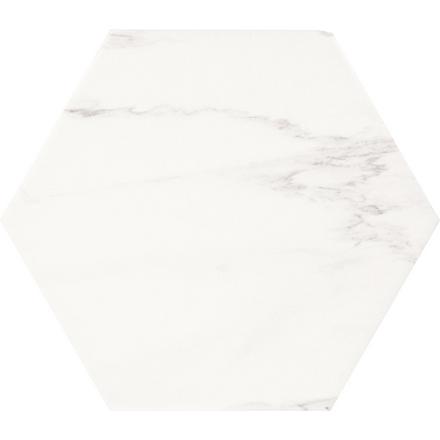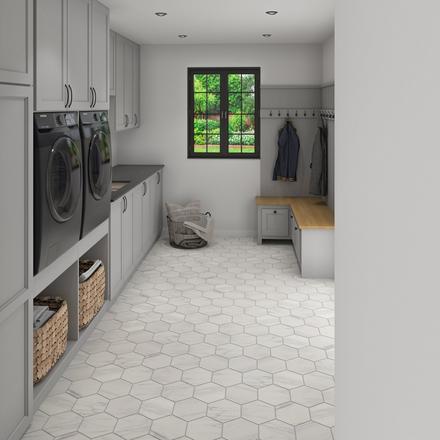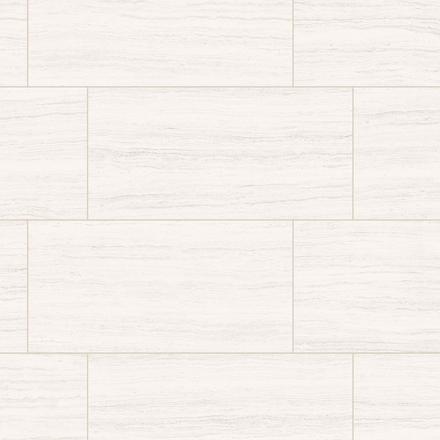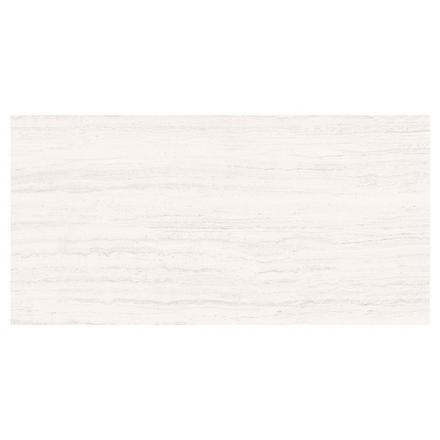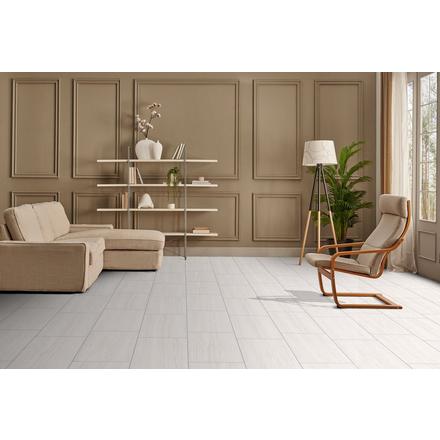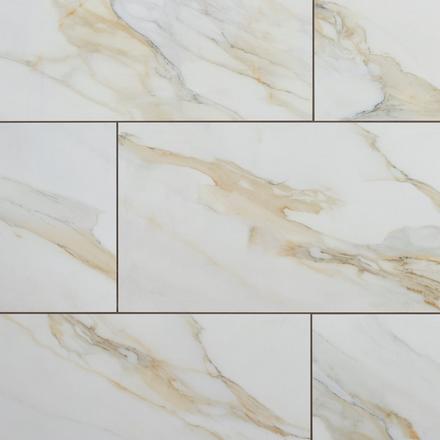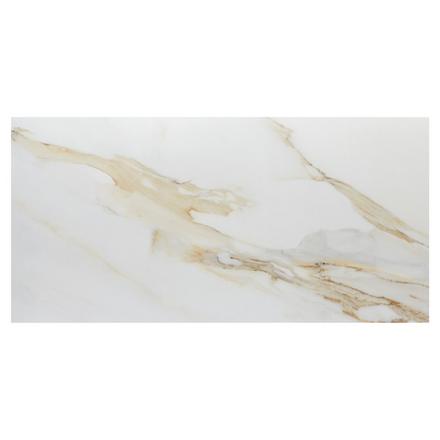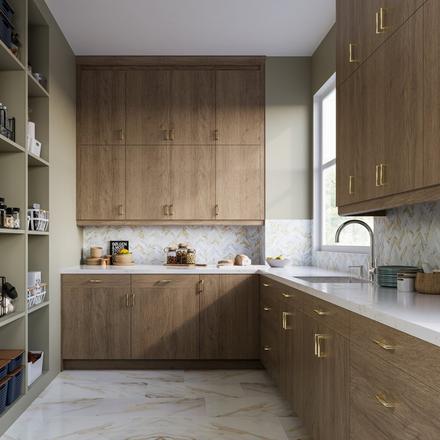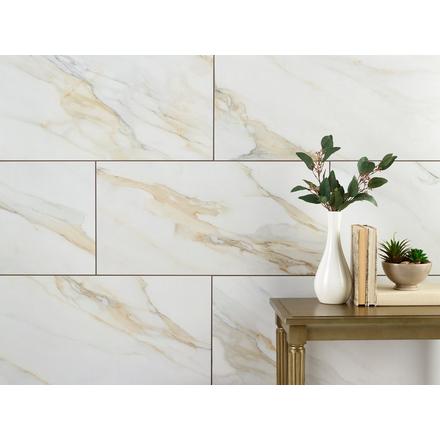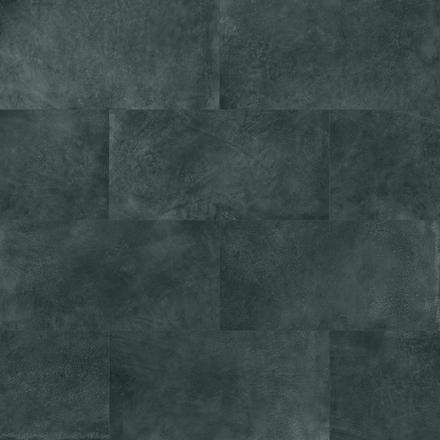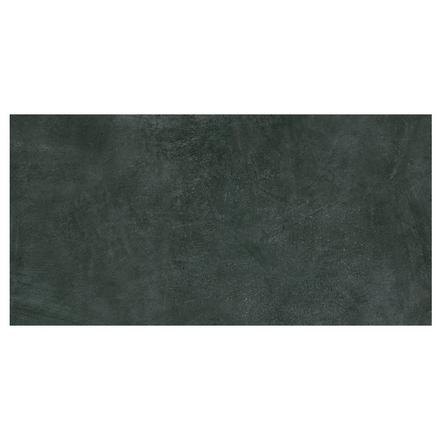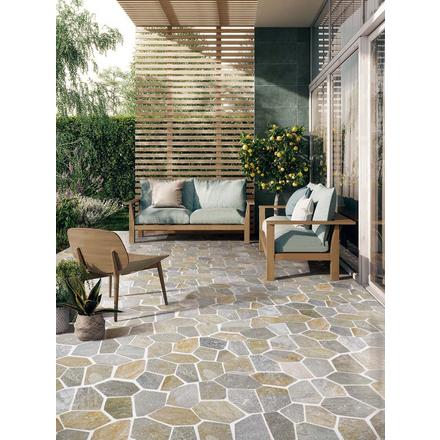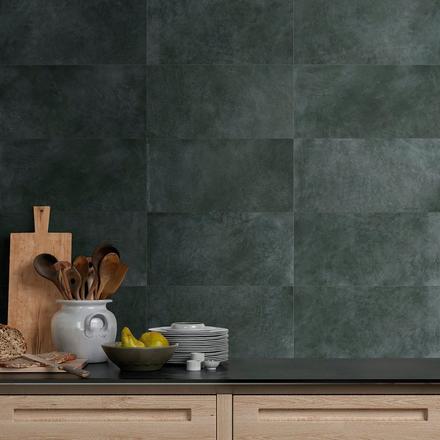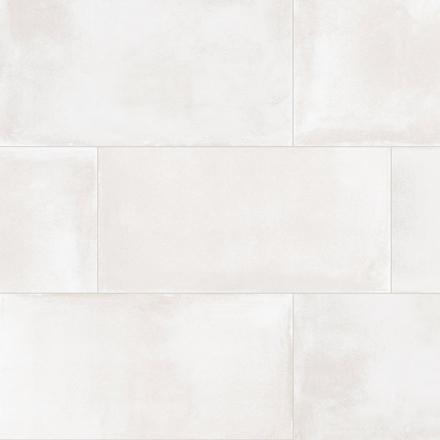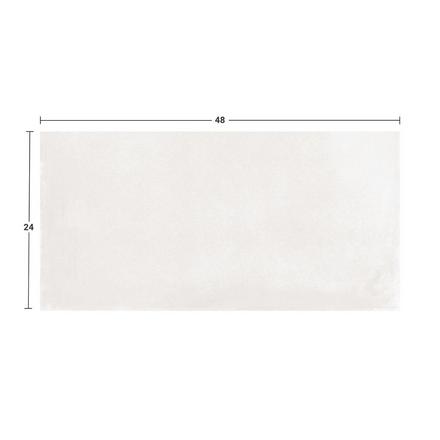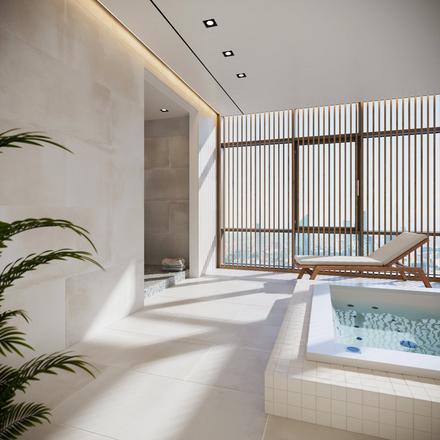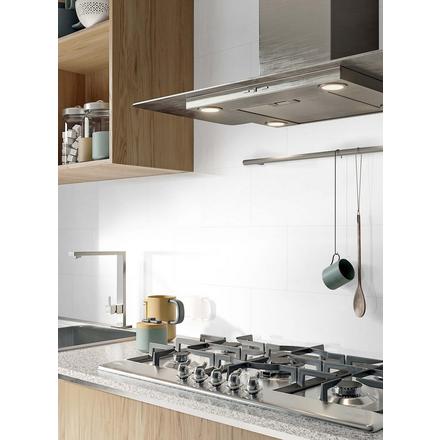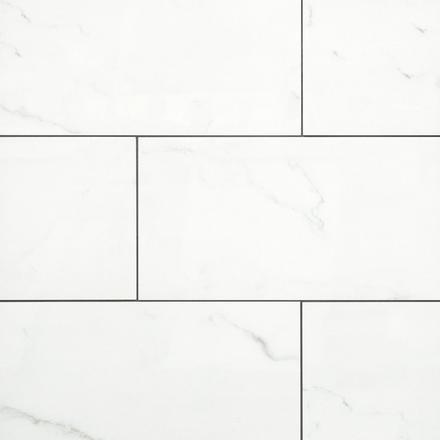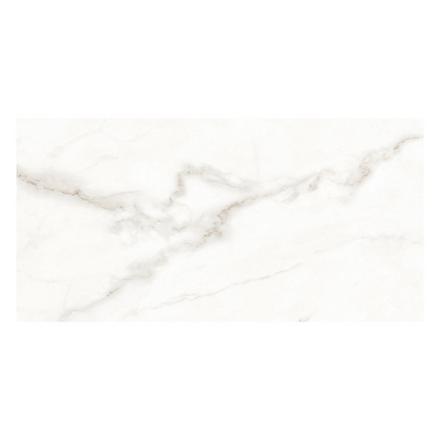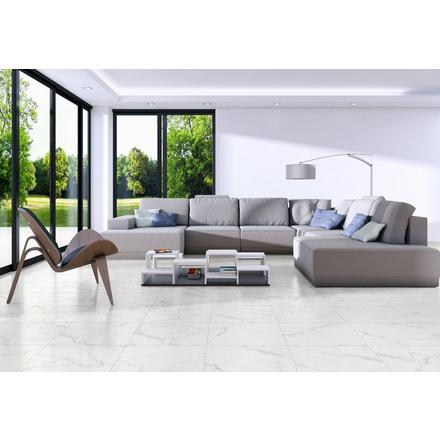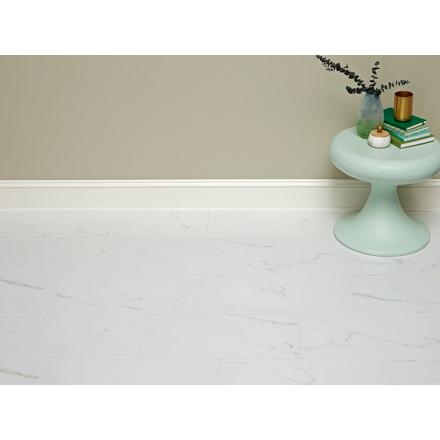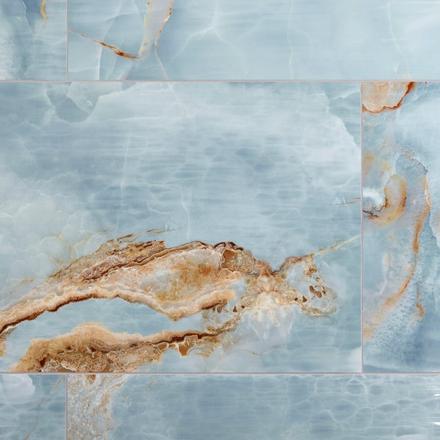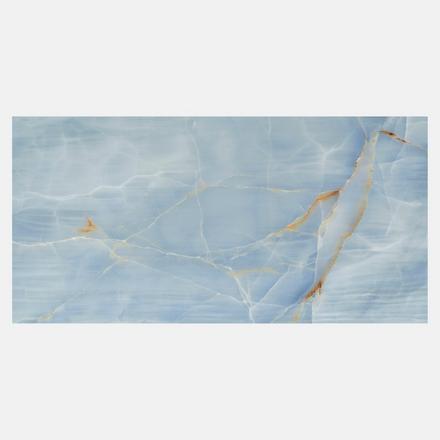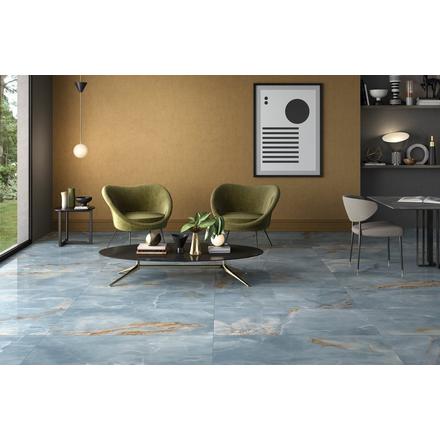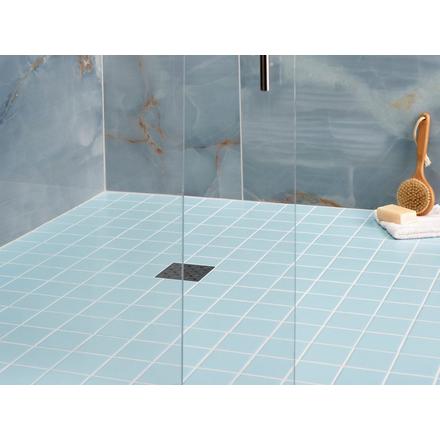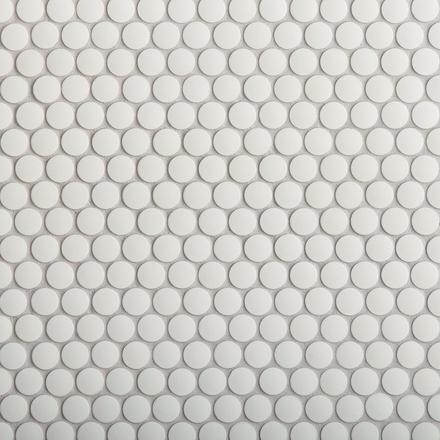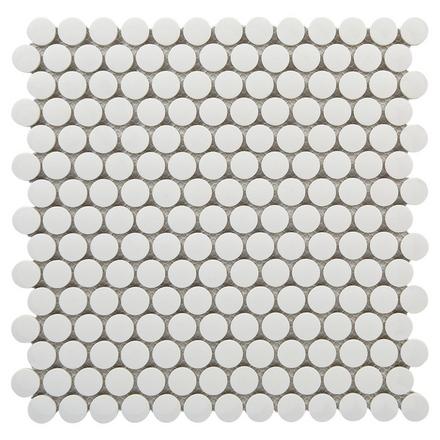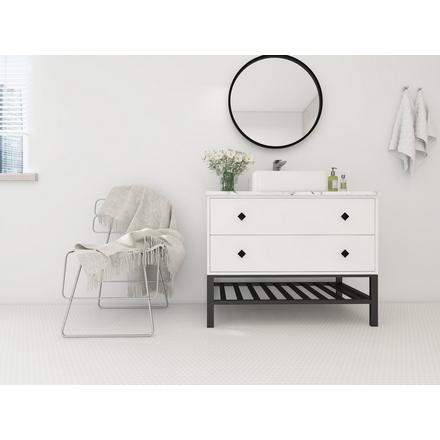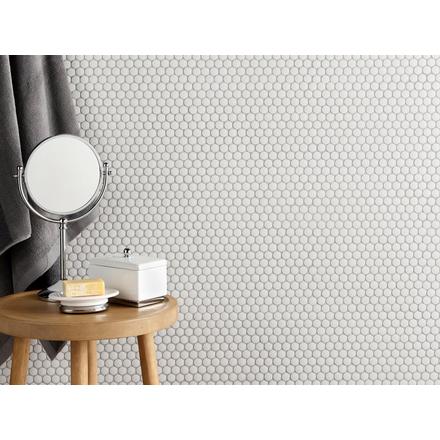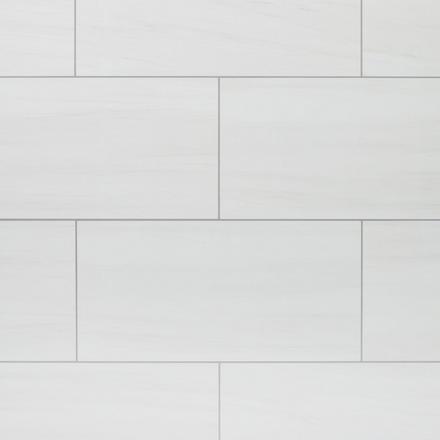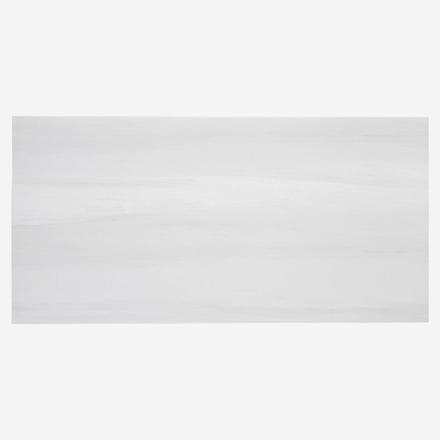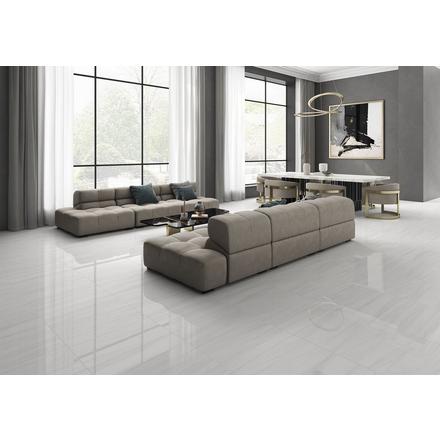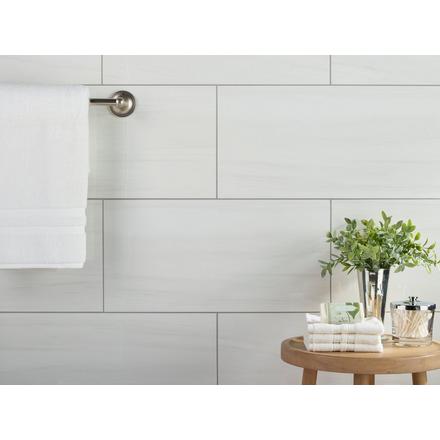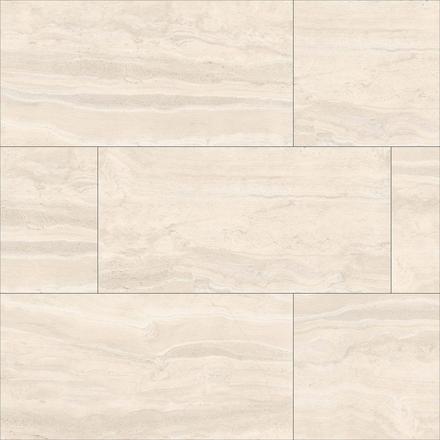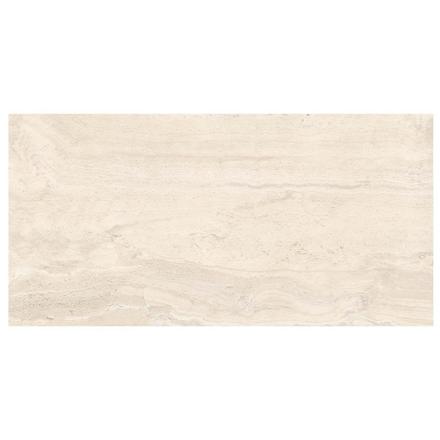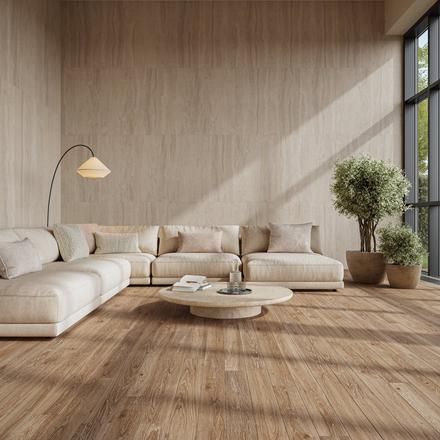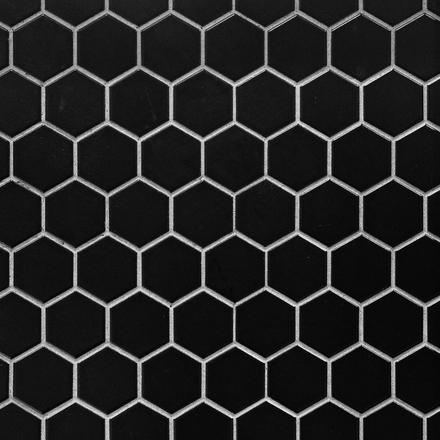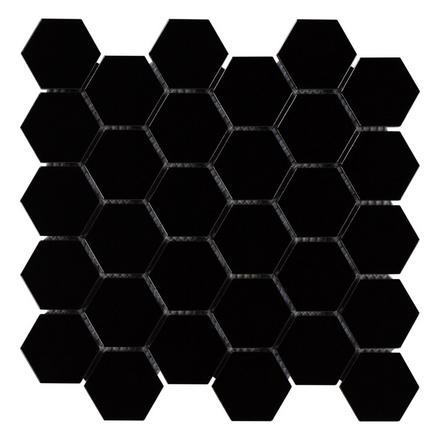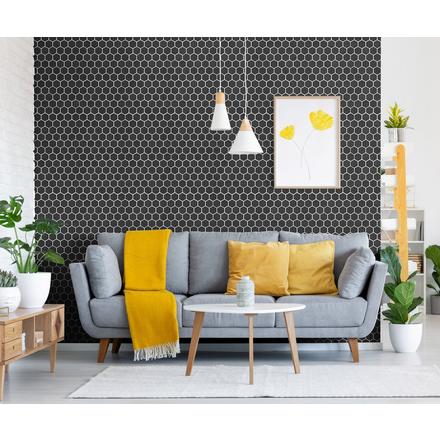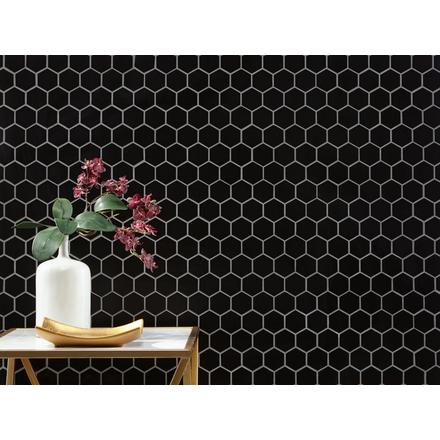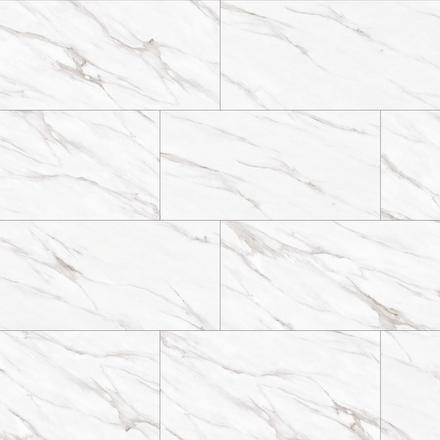
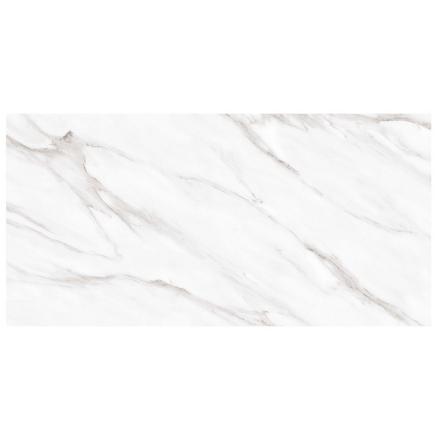
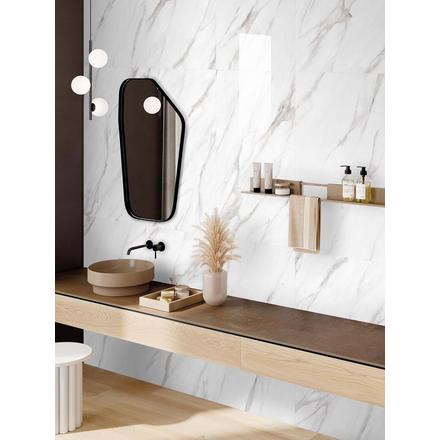
Porcelain tile is a versatile and highly durable option suitable for both residential and commercial spaces. It can be used on floors, walls, countertops, and even outdoor areas due to its low water absorption rate and resistance to wear. Porcelain tiles work well in high-traffic areas like kitchens, bathrooms, entryways, and patios, making them an excellent choice for spaces where both style and function are priorities.
Popular trends in porcelain tile emphasize natural stone looks, large-format sizes, and matte finishes. Many homeowners and designers are drawn to porcelain tiles that mimic marble, slate, and wood textures, offering the elegance of natural materials with the practicality of tile. Additionally, neutral tones and minimalist designs are popular, fitting seamlessly into contemporary and transitional design schemes.
Alongside porcelain tile, other types such as ceramic tile, glass tile, resin tile, and quarry tile are trending in various applications. Ceramic tile is a great budget-friendly alternative for lower-traffic areas, while glass tile is often used as accents or backsplashes for a pop of color and shine. Resin tiles provide unique textures and artistic designs perfect for statement walls, and quarry tiles offer rustic charm, typically used in outdoor or industrial-style settings. Understanding these related tile types can help you create cohesive and stylish spaces.
Floor & Decor offers unbeatable prices on high-quality porcelain tile collections, allowing you to achieve your design goals without breaking the bank. Our wide selection ensures you find the perfect tile that fits your style and budget, backed by frequent promotions and expert customer service to make your shopping experience seamless and affordable.
Porcelain tile’s durability is one of its standout features. It is highly resistant to scratches, stains, moisture, and temperature changes, making it ideal for busy households and commercial environments. Unlike some other tile types, porcelain maintains its color and finish over time, ensuring a long-lasting investment in your space’s aesthetic and function.
Porcelain tiles are an excellent flooring option. They are highly durable and resistant to most heavy impact stresses. They are much more durable and sturdy than a standard ceramic tile in that sense. They’re very easy to clean, stain-resistant, and water-resistant. This makes porcelain tile suitable for kitchen backsplashes, walls, bathrooms, and more.
Compared to traditional ceramic tile, porcelain is less likely to chip. However, porcelain tile is slightly more brittle than ceramic, meaning they are more prone to cracking. Porcelain is still a durable tile.
Porcelain tiles, despite their strength, can be more difficult to cut and install compared to ceramic due to their hardness and density. This often requires specialized tools and professional installation, which can increase labor costs. Porcelain is also typically more expensive upfront. Additionally, some porcelain tiles have very smooth surfaces, which might become slippery when wet if not textured. Proper planning and installation are essential to avoid issues and ensure longevity.
When caring for porcelain tiles, avoid harsh chemical cleaners, acidic substances like vinegar, or abrasive scrubbing pads that can damage the surface or grout. While porcelain is durable, improper cleaning can dull its finish or cause grout discoloration. Also, avoid heavy impacts or dropping hard objects on the tiles, as they can chip or crack. Proper sealing of grout lines is important to prevent stains and water infiltration, particularly in wet areas.
When it comes to choosing the right tile for your home, porcelain and ceramic tiles are two popular options. Here’s how porcelain compares.
Porcelain tile has a 60+ year life expectancy, even without rigorous care. These tiles are highly durable and resistant to high-impact stresses. They can be used indoors and outdoors without a worry of degrading over time.
Porcelain tile offers greater durability, heat resistance, and longevity than vinyl tile, making it suitable for long-term use in high-traffic or wet areas. Porcelain tiles are more resistant to scratches and wear but require professional installation and can feel colder and harder underfoot. Vinyl tiles are softer, warmer, and easier to install, often at a lower cost, and are a good choice for budget-conscious or temporary solutions. The best option depends on your priorities between comfort, durability, and installation complexity.
Many porcelain tiles are suitable for outdoor use because they are dense and highly resistant to moisture, frost, and temperature fluctuations. This makes them ideal for patios, walkways, and exterior walls. However, it’s important to verify the manufacturer’s specifications and ensure the tiles have a textured, slip-resistant surface if used on floors exposed to rain or ice. Proper installation and grout sealing are also necessary to protect against weather damage and maintain performance over time.
